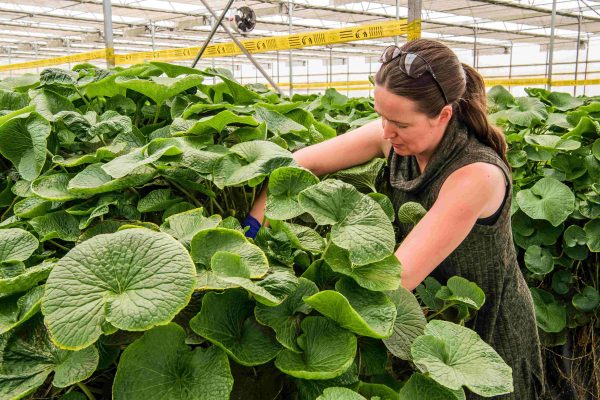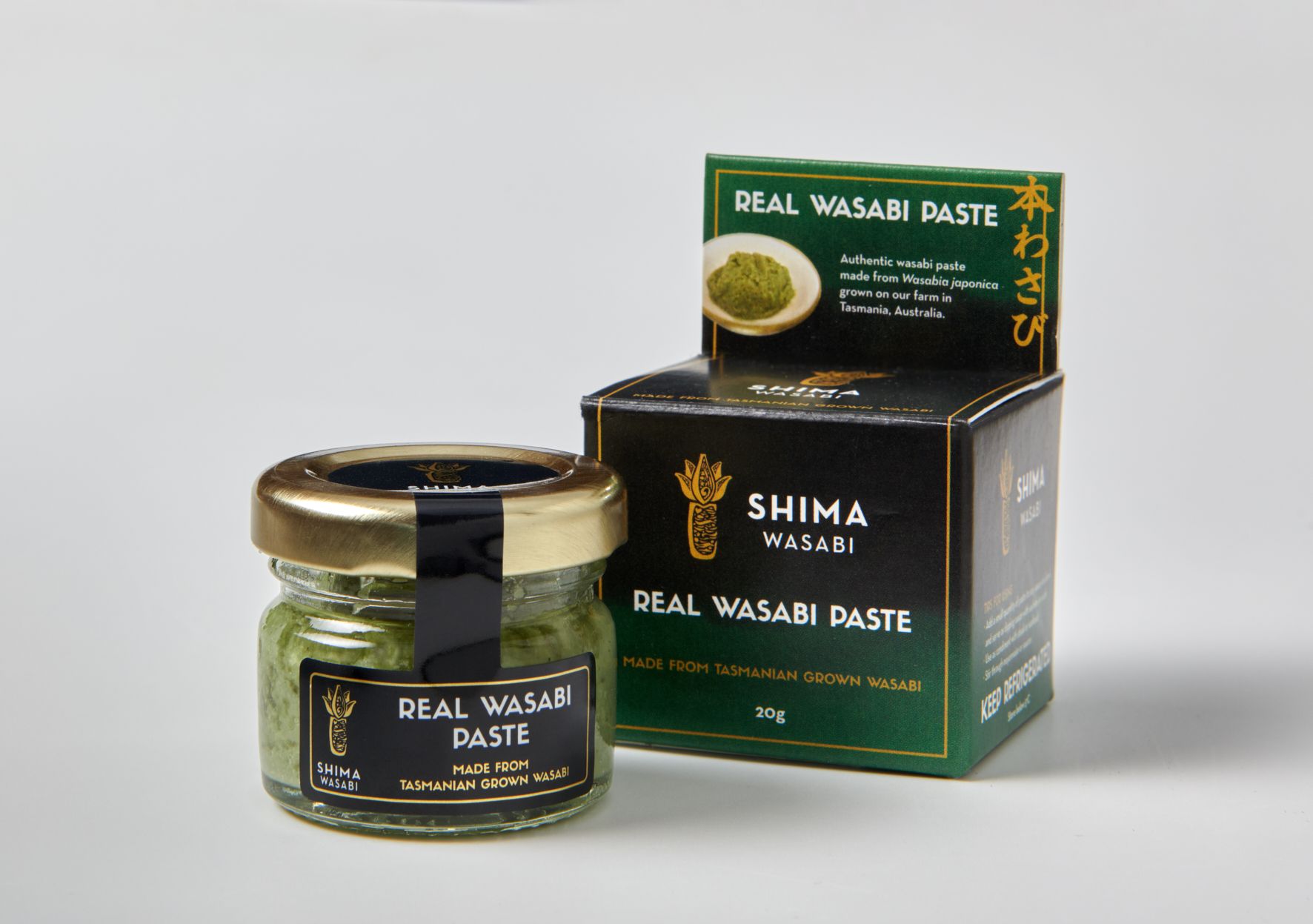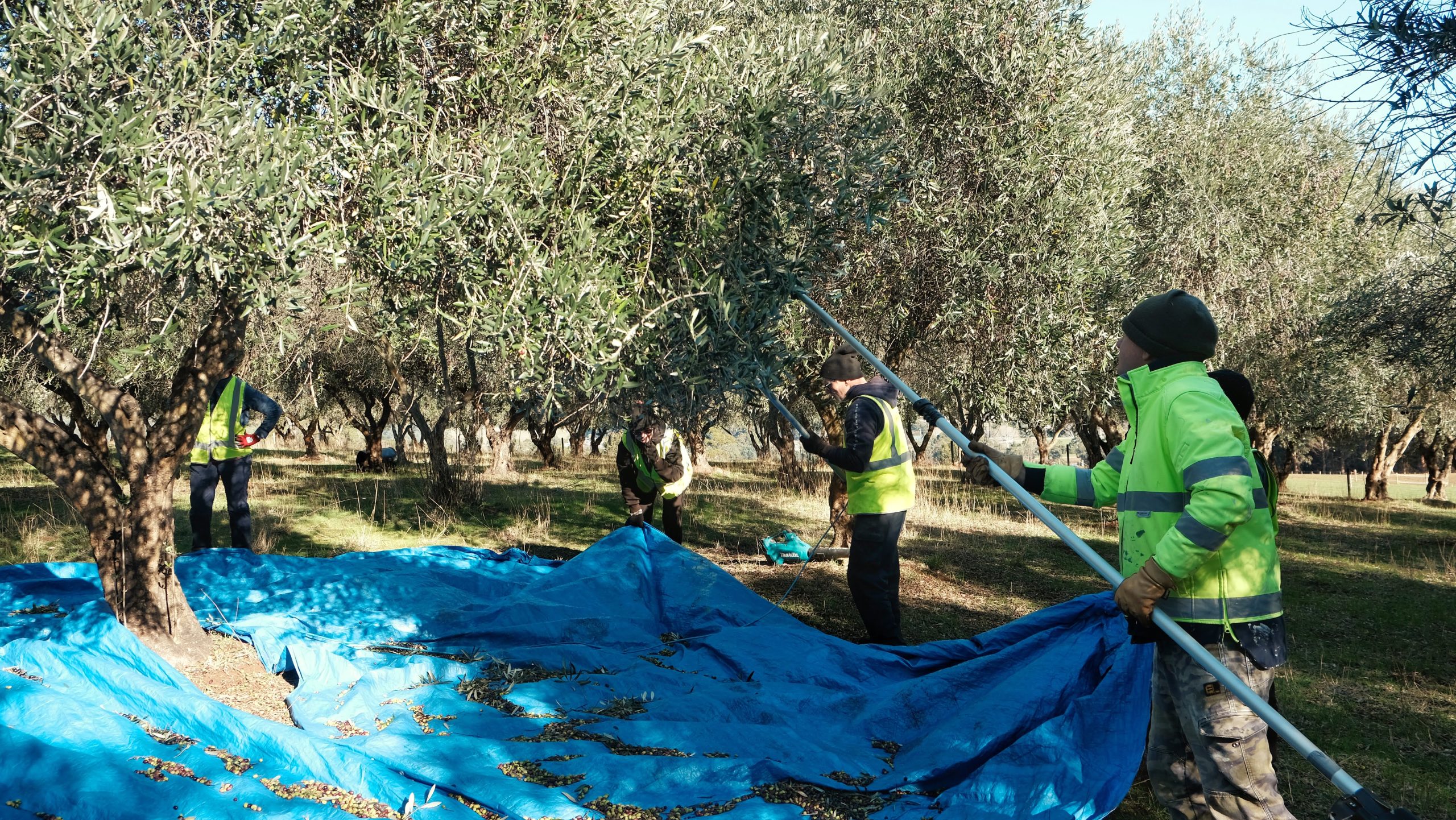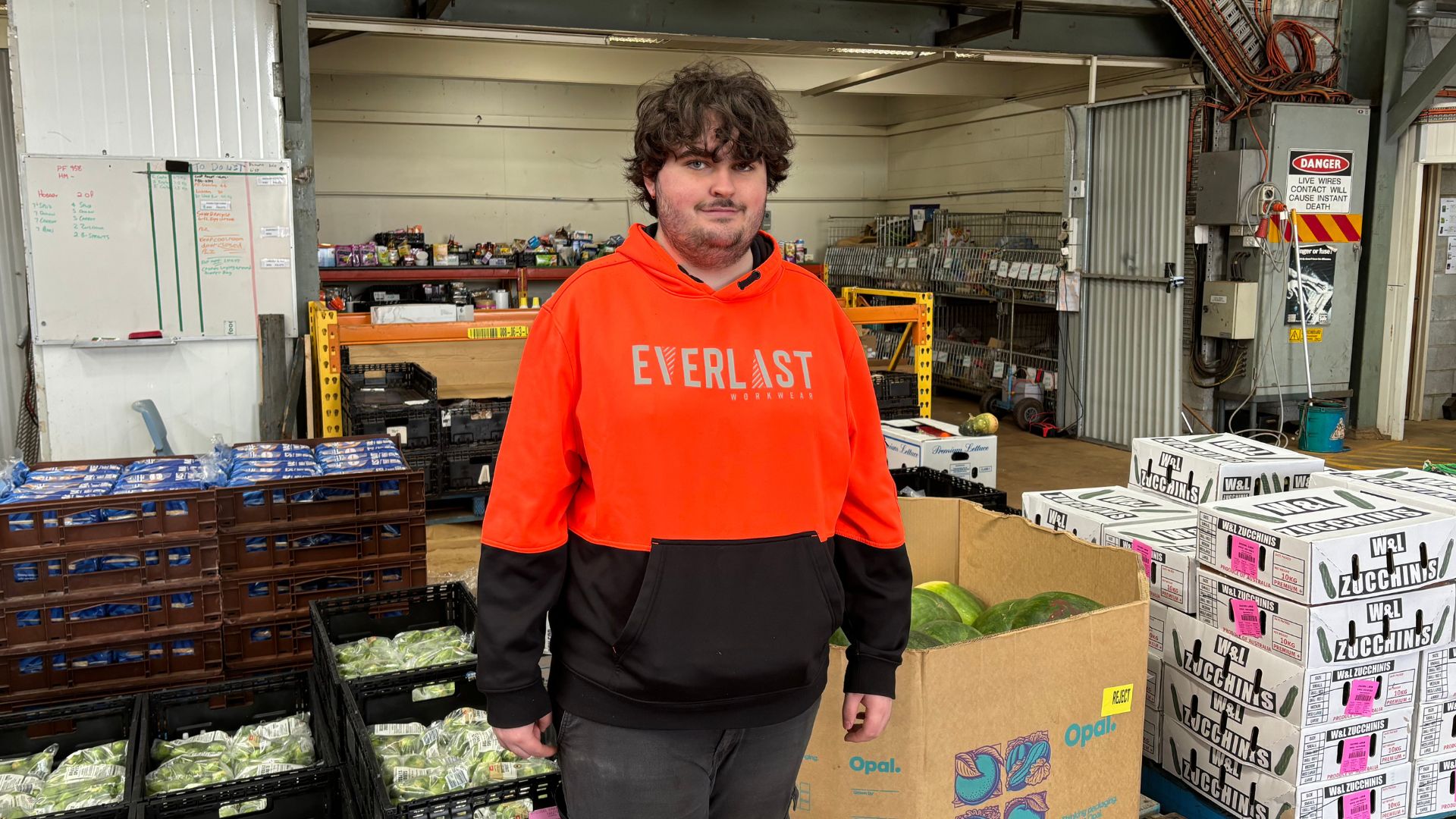Loaves and Fishes is helping to produce some of the world’s best wasabi products and feeding Tasmanians doing it tough as a result of a commercial partnership with Shima Wasabi.
Every month, the Loaves and Fishes kitchen in Devonport produces 500 jars of wasabi paste from plants grown at the Shima farm at Northdown, near Port Sorell.
Shima Wasabi is Australia’s largest commercial producer of wasabi, with 10,000 plants grown under greenhouse in a carefully-controlled environment to get the best from the notoriously fickle herb.
Fresh wasabi plants are used in high-end restaurants in Tasmania, while the powder is sold in Australia as well as exported to countries such as France, Austria and India. Wasabi is used as a herb, garnish and condiment. It’s best known for use in Japanese dishes such as sushi and sashimi, but has wider use as a spice in many other dishes and even in a Bloody Mary cocktail.
The paste produced with the help of Loaves and Fishes is sold locally, online, and on the mainland.
Proud to be giving back
Operations manager at Shima Wasabi, Esme Atkinson (pictured above), said the partnership with Loaves and Fishes was a win-win for both organisations.
“The team at Loaves and Fishes have been fantastic to work with, and we are pleased to be able to give back,” she said.
“We needed access to a commercial kitchen that was close to the farm.
“The powder needs to be made into a paste by adding various ingredients, poured into jars, sealed and placed in a coolroom very quickly to ensure freshness.
“Loaves and Fishes have met our exacting standards, to the point that we are hoping to give them additional processing work.”
Esme said wasabi was so expensive to produce because harvesting and processing had to be done manually, and the plants were susceptible to disease and needed a stable environment that was not too hot.
“It also takes 18 months to two years for a plant to mature.
Wasabi thrives in Tassie
“Northdown is the perfect environment, with a naturally temperate climate, and clean air and water,” she said.
“We share the same latitude as southern Japan, the traditional home of wasabi.
“A lot of what passes as wasabi in tubes and paste is actually horseradish and mustard with green food colouring, sugar and salt.”
While wasabi may be fragile, Esme said the entire plant could be harvested, and the humble herb had been shown to lower blood pressure and cholesterol.
Loaves and Fishes general manager Aaron Kropf said producing Shima wasabi was the first of what he hoped would be many commercial partnerships.
“The social enterprise part of our organisation not only provides important training for our staff, but provides an income stream to fund our food relief work.”
Loaves and Fishes is developing a second kitchen in Devonport specifically for food production.

By Paul O’Rourke
More Stories like this…
Getting creative to feed more Tasmanians doing it tough
Loaves and Fishes Tasmania is getting creative as it continues to [...]
Dynamic new volunteers an answer to prayer
Asking if Loaves and Fishes volunteers Tamara and Elek Kulesza are [...]
Trainee Travis finds purpose and friendship
School-based trainee Travis Dennis has found purpose and friendship within the [...]





